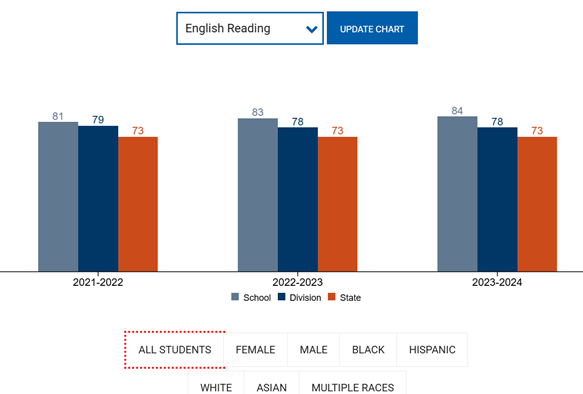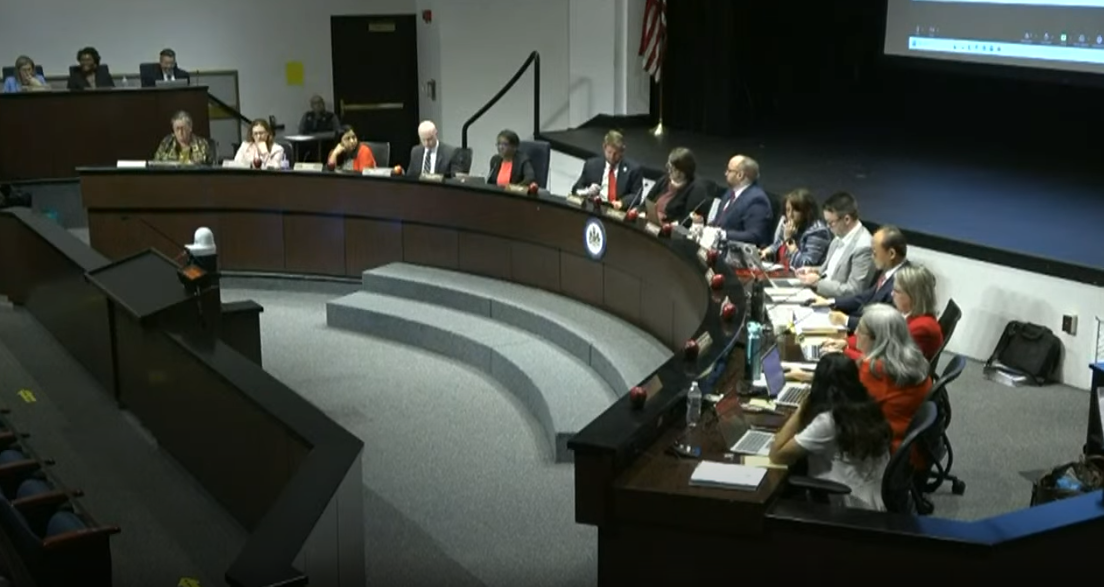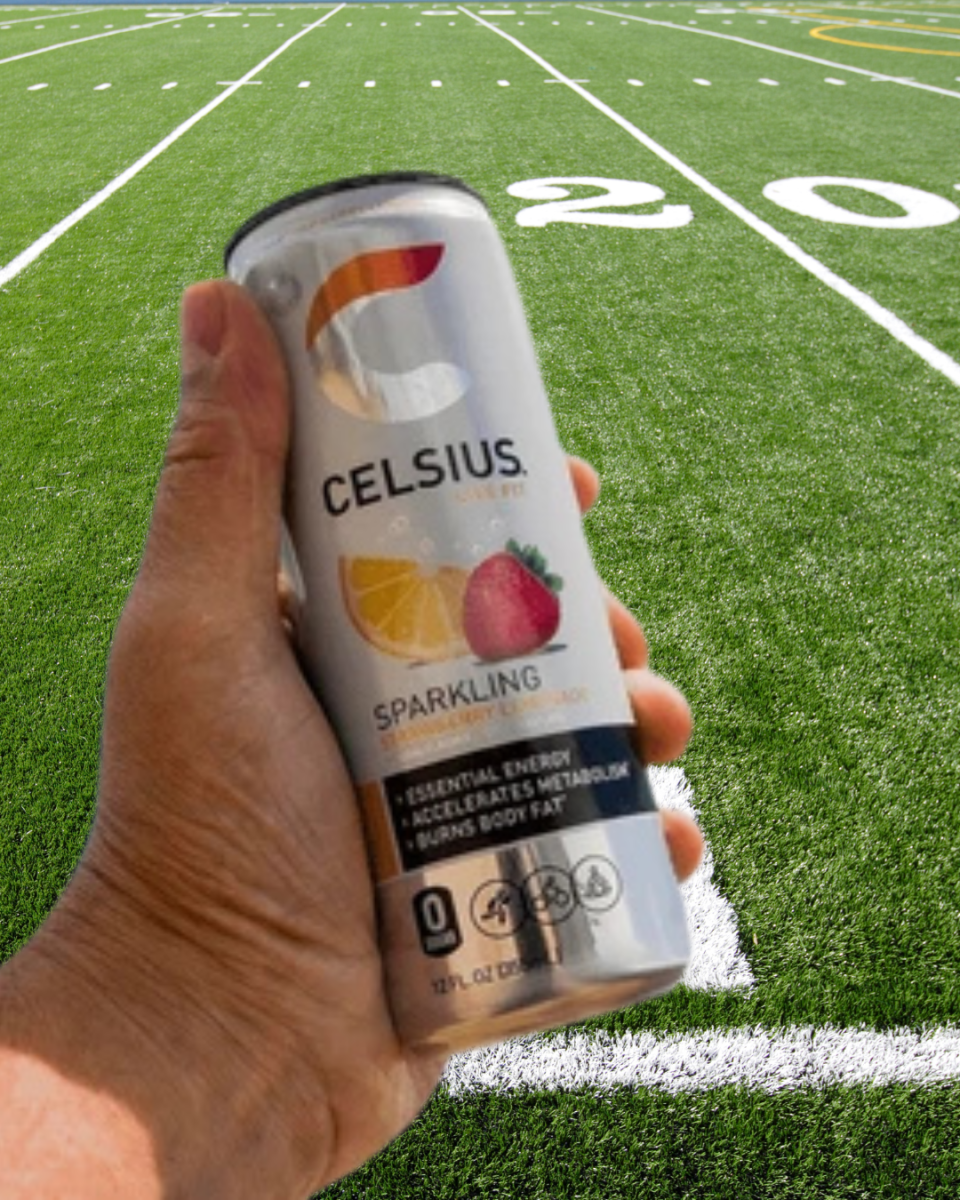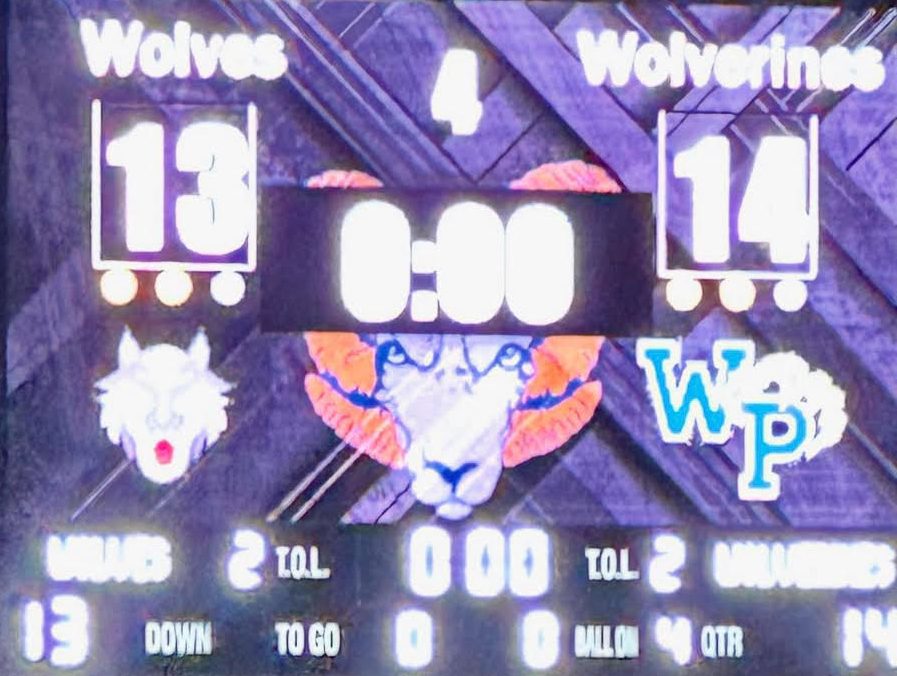
As a result of a bipartisan agreement on education policy, Virginia leaders established extensive changes to the state’s K-12 standardized testing system. They are aiming to raise student performance and make the Standards of Learning (SOL) assessments more meaningful.
SOLs are used to measure a student’s proficiency in various subjects including math, science, reading and writing. SOLs are registered to students at the end of the year. Teachers play a crucial role in preparing students for these tests by spending multiple weeks reviewing SOL material & practice questions. These tests require lengthy review because students must pass at least five SOLs in order to graduate.
Currently, students can either pass or fail an SOL. The scores are based on a 600 point grading scale. Over 400 is passing and under 400 is failing. A score of 500 or above is “pass advanced.” Families of students who fail the SOL are given a choice to retake, which gives them another chance to pass. Although, there is a range of scores which will not permit the student to retake. If a student scores below a 350, retakes are not given.
Making the SOLs more ‘meaningful’ to the Virginia Department of Education (VDOE) means that these tests will now be graded. SOL’s will be worth 10% of a student’s final grade starting in the 2026-27 school year. This is a huge change within Virginia’s standardized testing realm. Currently, standardized tests do not contribute to a student’s grade at all.
SOLs occur just around the same time as AP testing and Final Assessments. This standardized test takes time away from reviewing for these important tests. Some students have to study for all three types of exams. “It is gonna add a ton of stress with finals, AP testing and then state testing as well. That’s three big tests at the end of the year that count as a big chunk of our grade, that’s gonna be tough,” freshman Ellie Angielski said.
Most students think of these standardized tests as pass/fail because the score doesn’t really matter as long as you pass. Now, the score will count. Marie Wicker from the VDOE said the new law may incentivize students to take these tests more seriously, implying that students don’t currently do so. “The graded SOLs are not going to make me take it more seriously, it will just make it more stressful and probably affect my performance,” freshman Isabel Vizgatis said.
The legislation is changing the grading scale that the SOLs use. SOLs will now be graded on a 100 point scale. Legislators are hoping this switch will help parents better understand their child’s score. The 600 point scale is more confusing than the common 100 point scale. After the COVID pandemic, SOL scores drastically dropped and they have not improved much since.
Legislators hope this law will increase scores by making the test count towards students’ grades. Legislators hope that students will begin to understand the importance of this test. “This will make some students take this more seriously but some students just don’t care about their grade or this test,” freshman Ashley McGuckin said.

















































